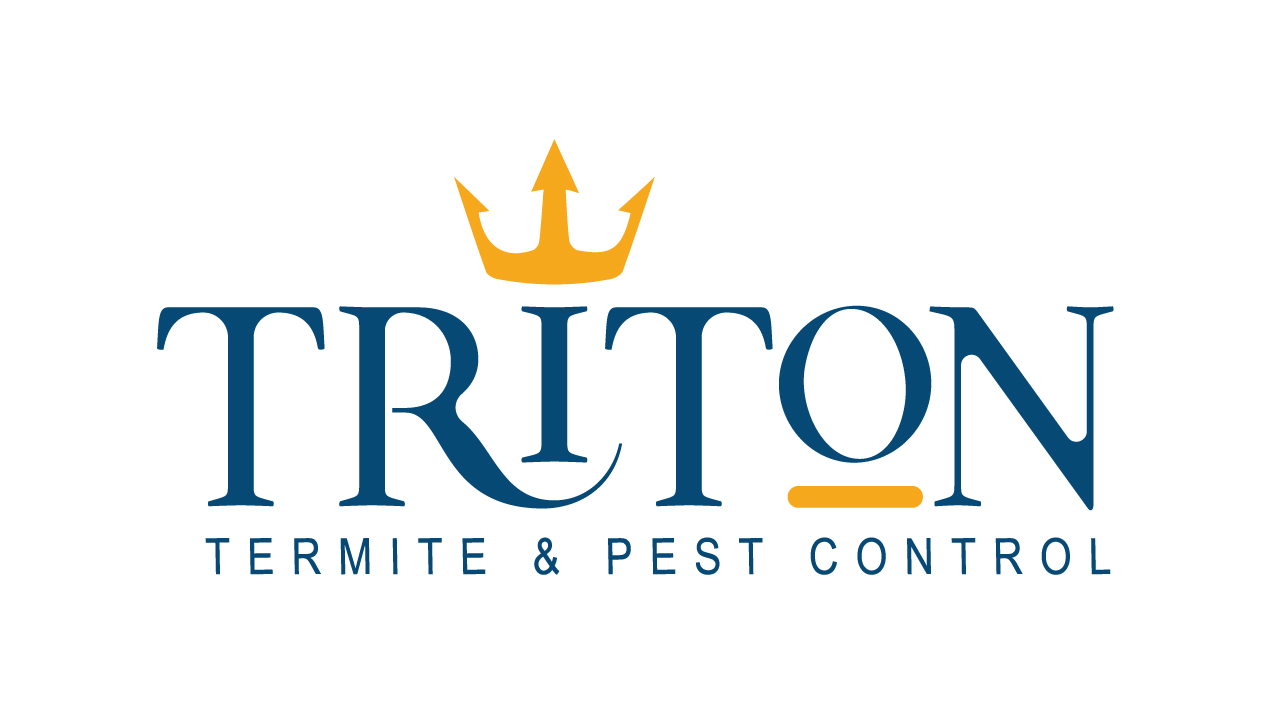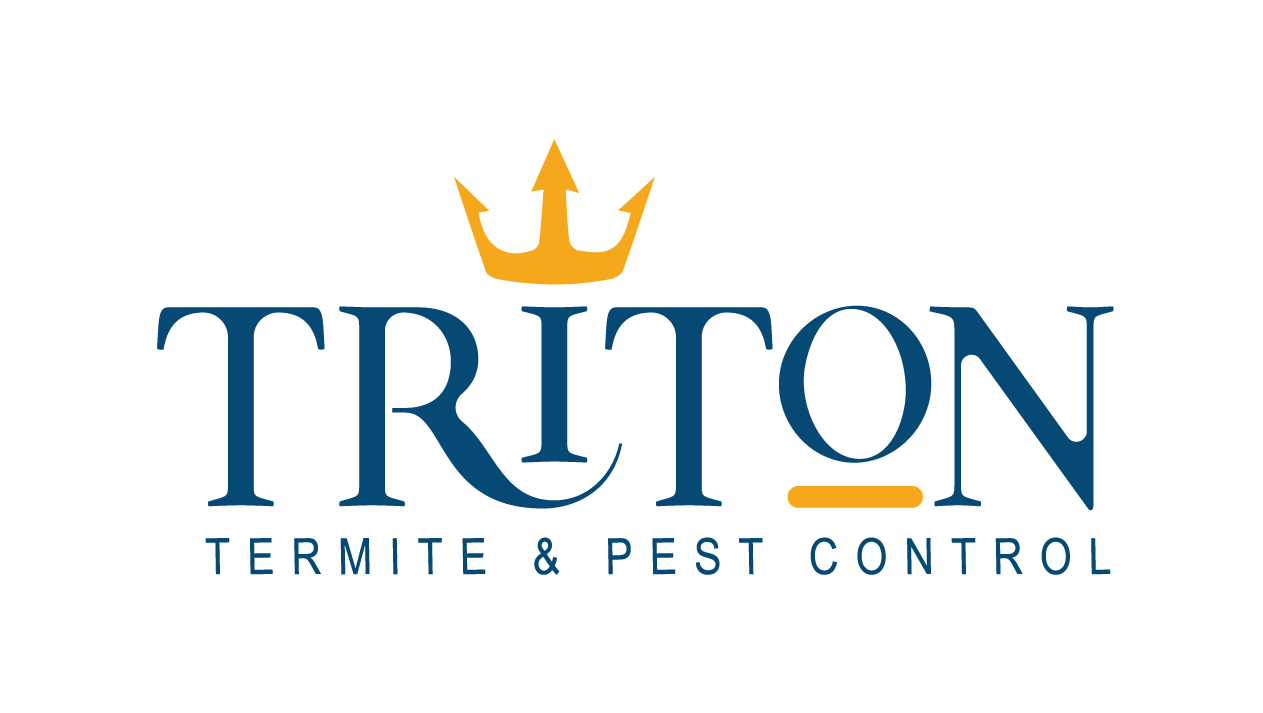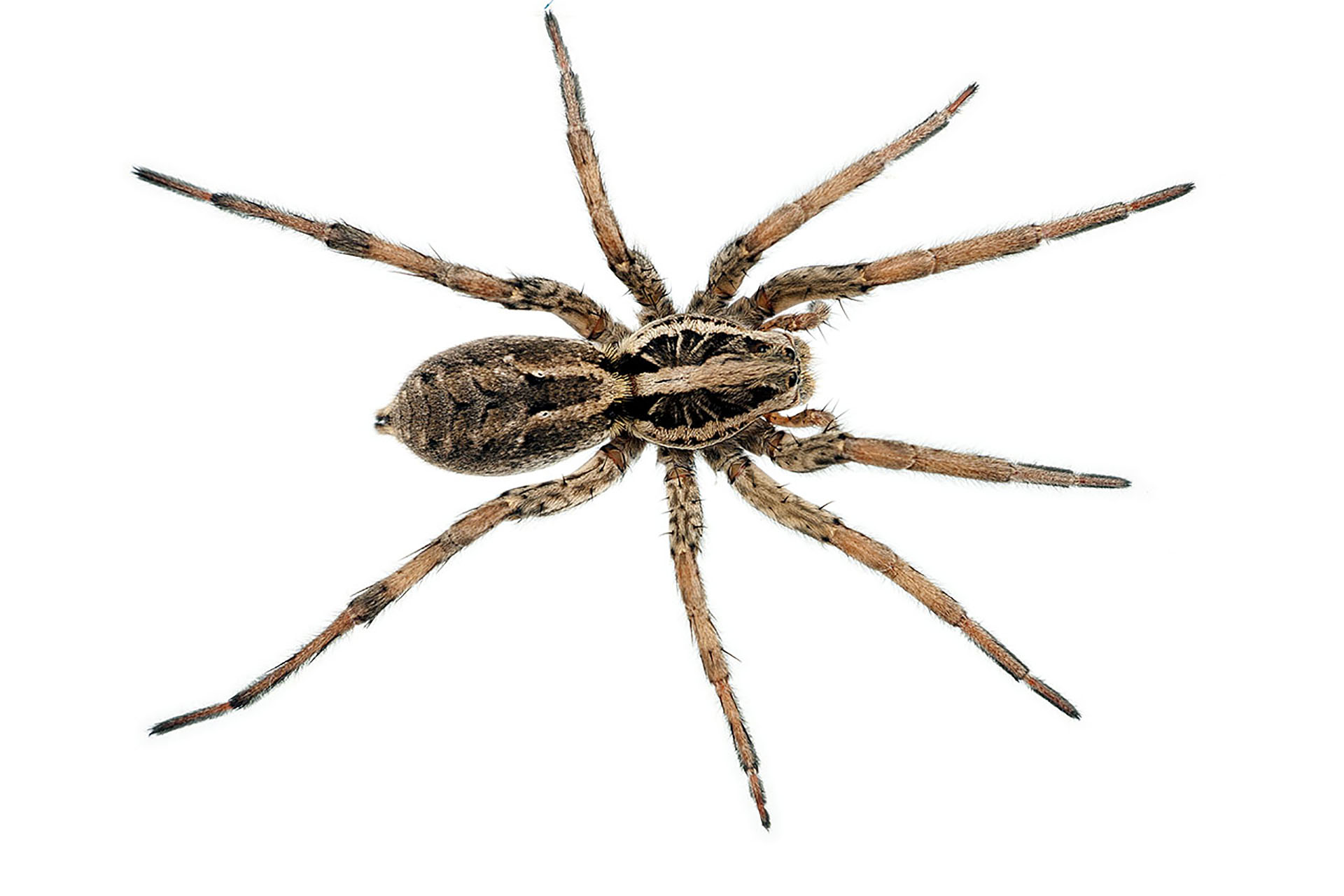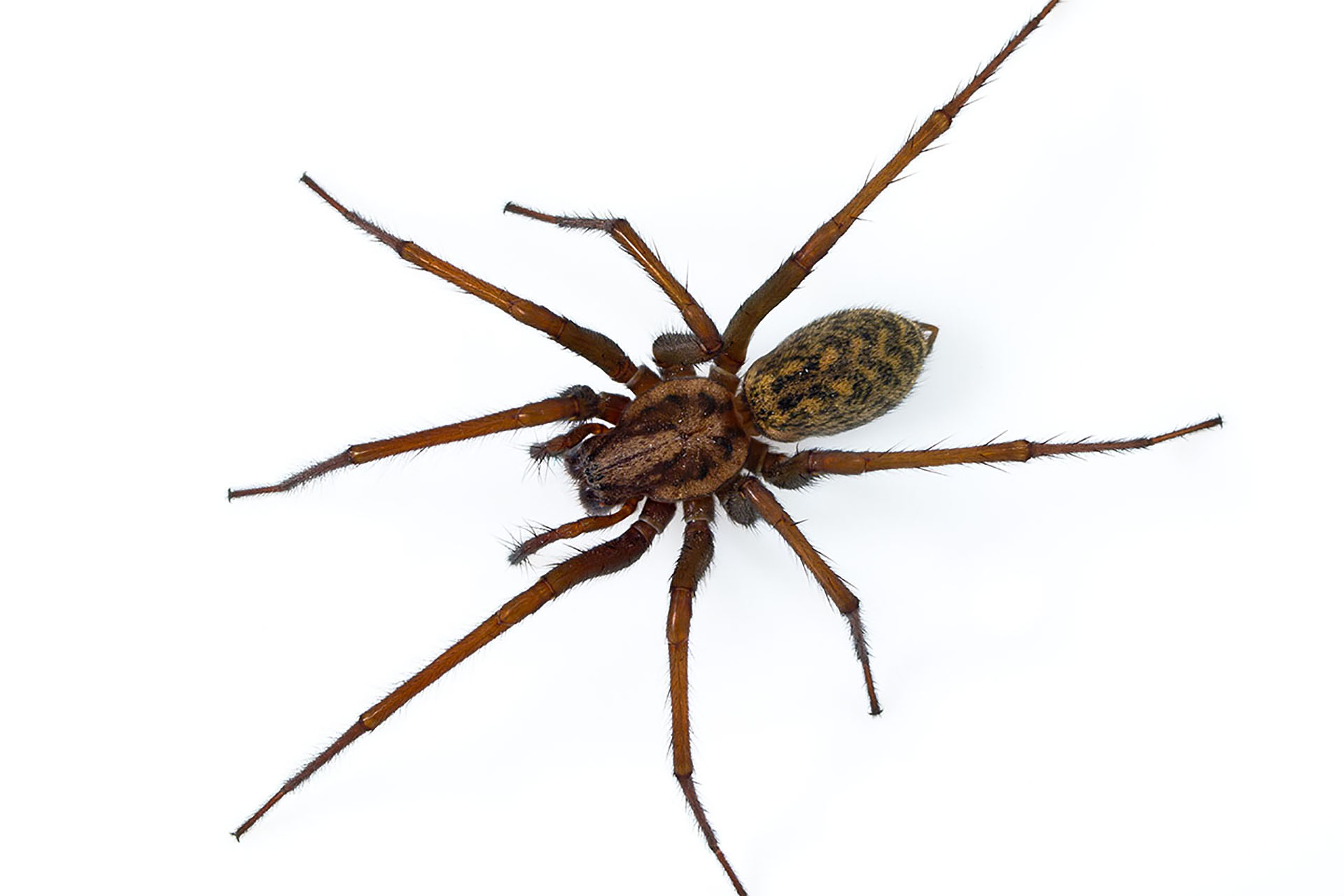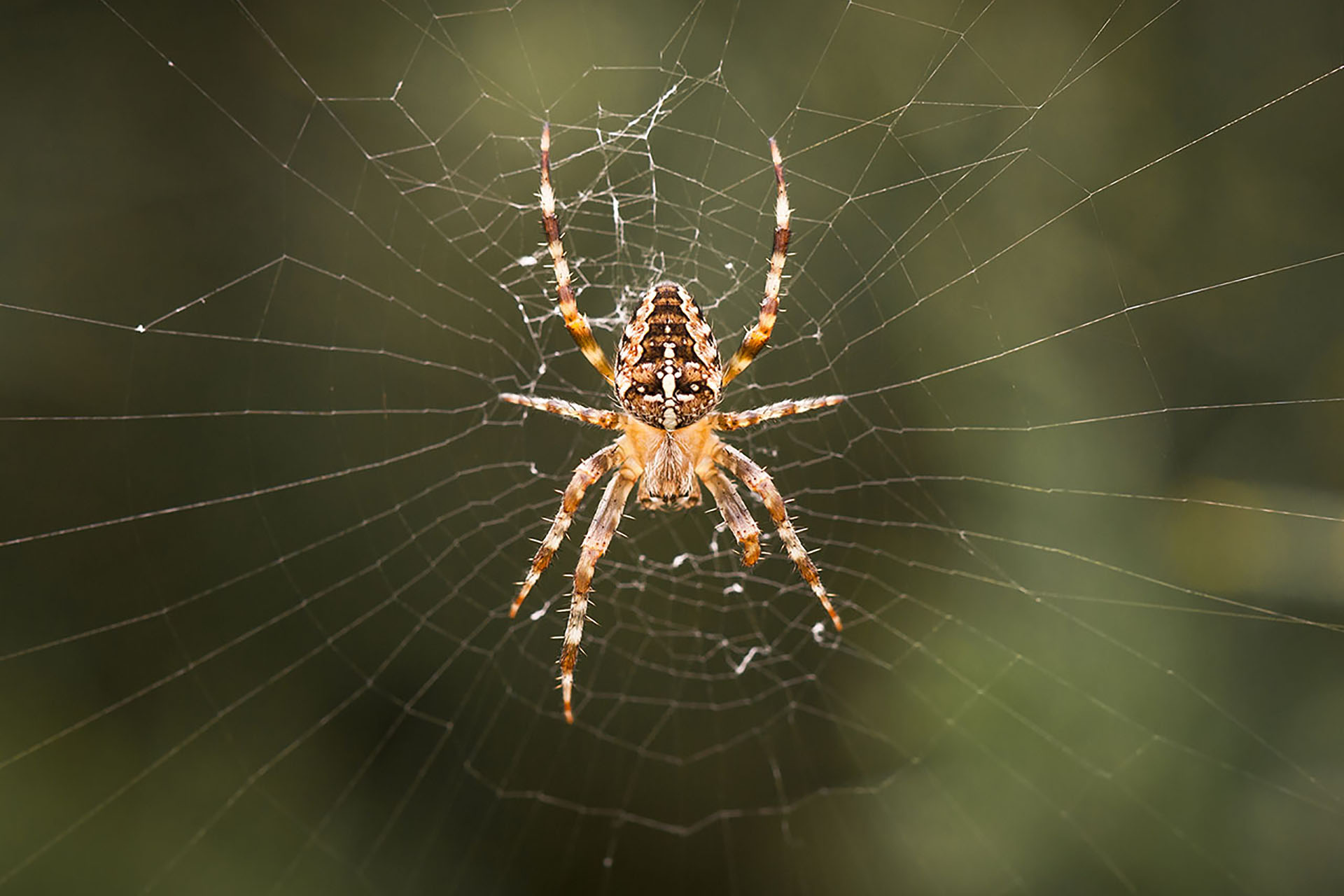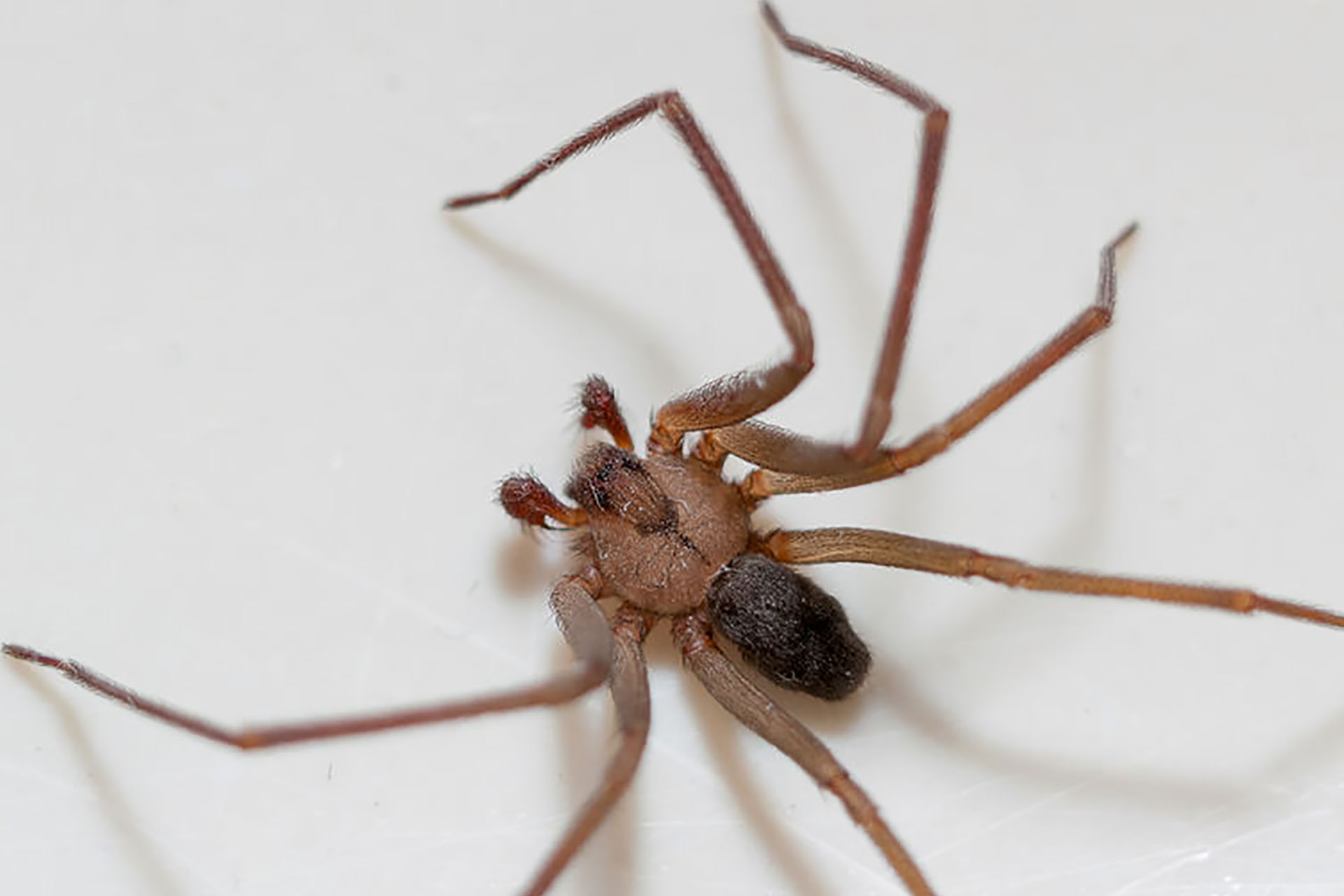Why do I have a spider problem?
Food, water, and shelter are what draw spiders to a property. In reality, any yard is a place that spiders are comfortable calling home. Our yards not only provide them will plenty of places for these reclusive creatures to hide, but in most cases, plenty of insects for them to hunt.
Where will I find spiders?
Spiders live outside in gardens, grass, trees, shrubs, woodpiles, and rock piles. They also take up residence behind shingles and window shutters. Spiders are common invaders in homes, garages, and other outbuildings, usually moving inside when following their prey. Whether living indoors or out, spiders choose dark, secluded areas to burrow or build their webs. Basements, closets, crawlspaces, attics, and areas under furniture provide suitable living conditions for spiders.
How do I get rid of spiders?
There are many species of spiders living throughout San Diego County. The best way to get rid of spiders in your yard or home and prevent them from returning is to partner with Triton Termite & Pest Control. Our experienced professionals and modern services provide home and business owners with peace of mind knowing that their pest problems will be solved once and for all. If you are looking to get rid of spiders from your property with the help of dedicated, local professionals reach out to Triton Termite & Pest Control today!
How can I prevent spiders in the future?
For homeowners who want to protect their homes from spiders, partner with Triton Termite & Pest Control and use the following prevention tips:
- Cut tree branches, shrubs, and bushes away from the exterior of your home.
- Keep spiders out by sealing openings in the foundation, exterior walls, and roofline of your home.
- Make sure window and door screens are entirely intact.
- Place mesh covers over vents leading into your home.
- Keep the grass cut short.
- Place gardens and woodpiles a distance away from the outside of your home.
- Maintain gardens to prevent them from overgrowing.
- Remove debris and clutter from your home and yard where spiders can hide.
